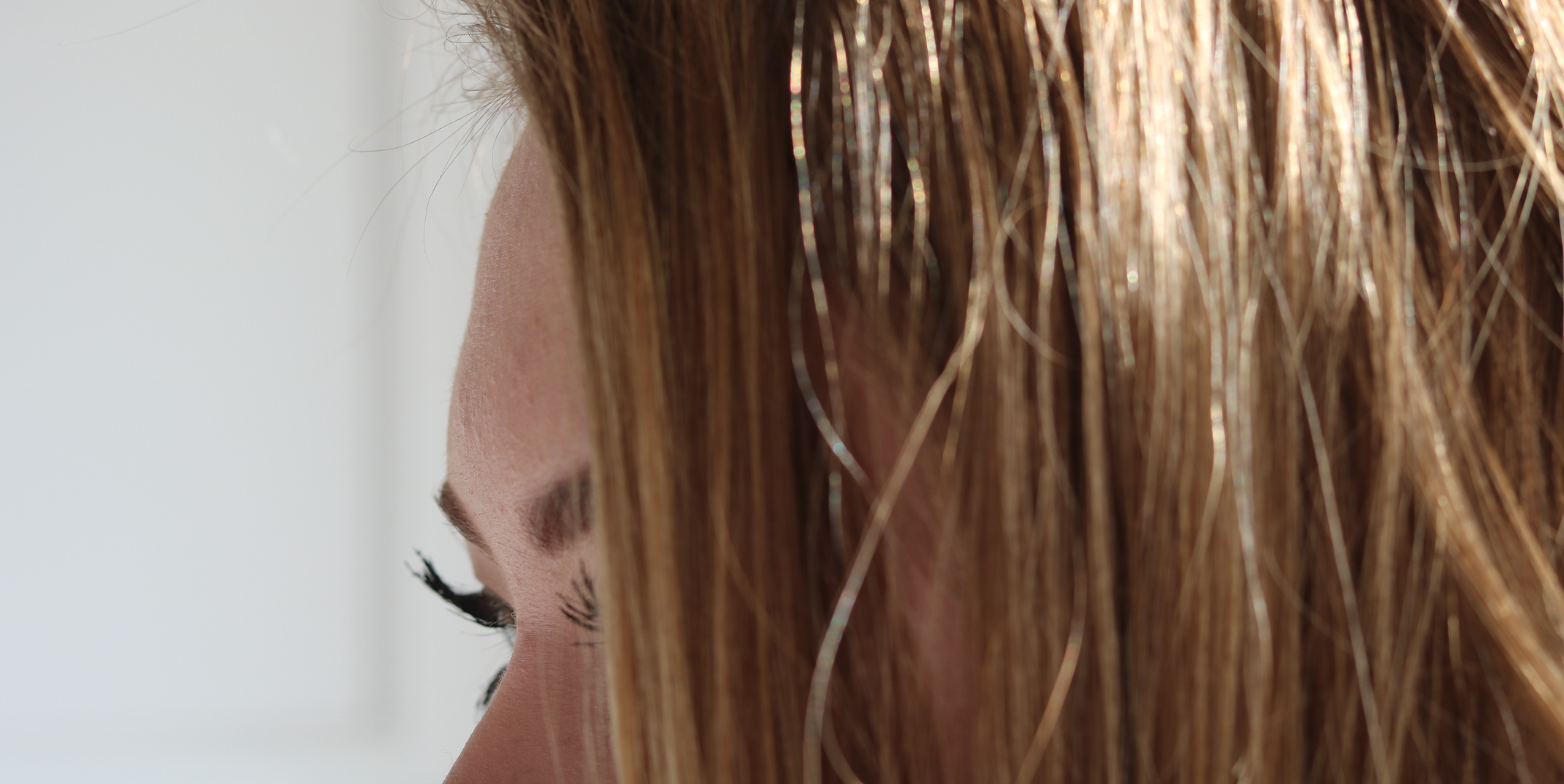Upskirting: When the law stopped skirting the issue
Upskirting became illegal in England and Wales on April 12, 2019, but how will it help victims?
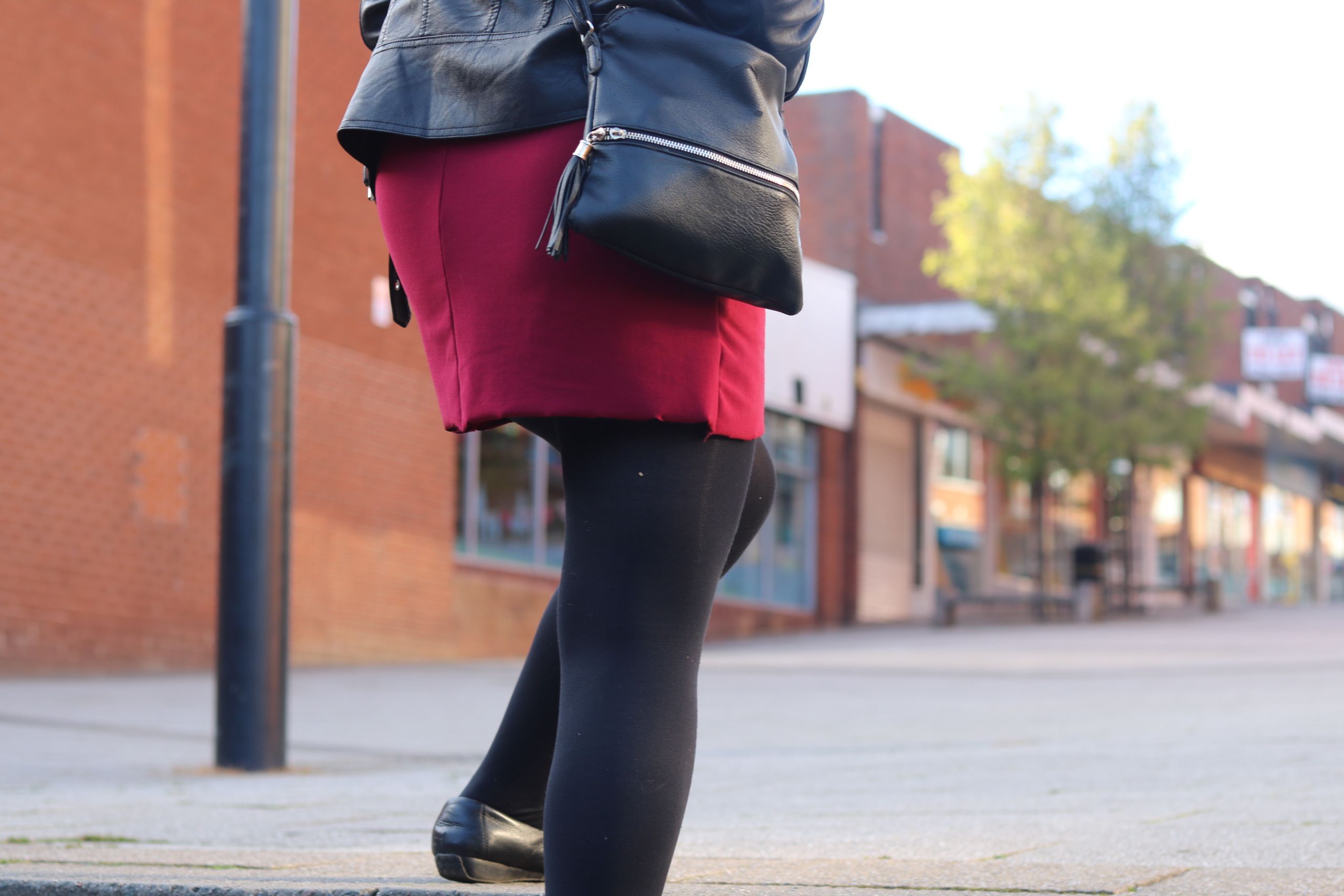
What is upskirting?
The act usually involves a person taking a picture under someone's clothing without them knowing, with the intention of viewing their genitals or buttocks.
How was it punished prior to April 2019?
Upskirting has been prosecuted under the offences of Outraging Public Decency and Voyeurism (Sexual Offences Act 2003) before this legislation came into force.
There were concerns that not all instances of upskirting were covered under these two laws though, which is why the new legislation was created.
What does the new Voyeurism Act cover?
It is illegal to carry out upskirting when the purpose is to obtain sexual gratification, or to cause humiliation, distress or alarm. This includes upskirting images by the paparazzi and where culprits say images were just taken ‘for a laugh’.
The changes will cover both males and females in England and Wales. Those found guilty of upskirting face up to two years in prison and in the most serious cases, placed on the sex offenders register.
Upskirting has been a specific offence in Scotland since 2010.
Source: Ministry of Justice
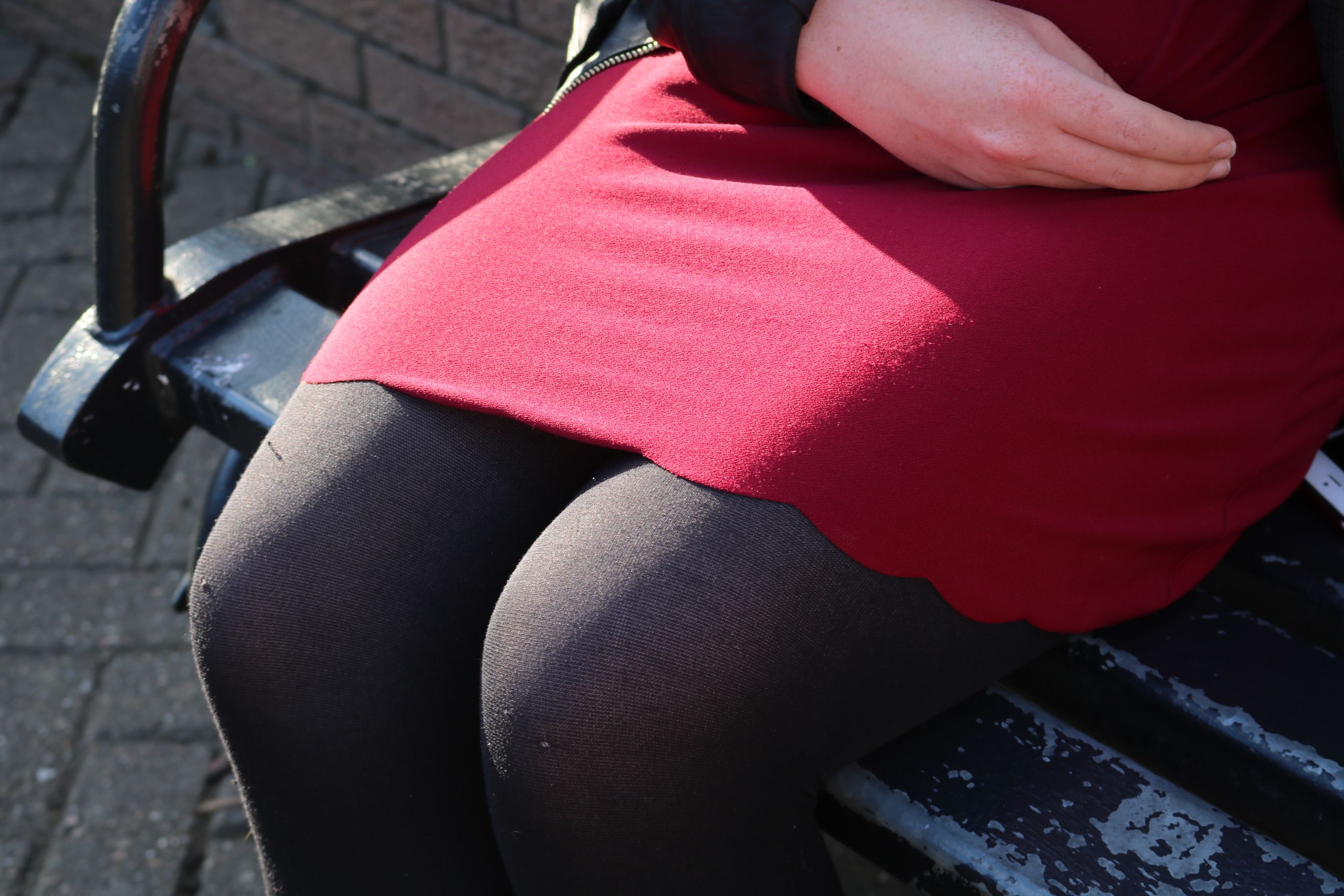
Meet 'Abbie'...
Abbie, not her real name, was upskirted aged 13-years-old when she was in a French lesson at school.
She only found out about the photo taken up her skirt by a fellow pupil when it was sent to her on social media later that day.
Abbie and her parents informed her school but they did not go to the Police because she said was scared of what may happen.
The perpetrator went unpunished and Abbie was put in isolation at school for two days.
"I really wish that law had of been there"
Abbie and her parents welcome the new upskirting legislation but are equally shocked that it was not already illegal under specific legislation.
The way some fellow students responded to the situation still stays with Abbie to this day.
One friend said: "You should take it as a compliment that he took the photo as it shows he finds you attractive."
Abbie moved schools soon after she was upskirted because she felt that it was affecting her at school due to seeing the boy who had taken the photo every day.
She says: "I really wish that law had of been there because that would have stopped him thinking that he could do it again."
She is now hoping Gina Martin's campaign to criminalise upskirting will encourage both male and female victims to report incidents of this crime to Police.
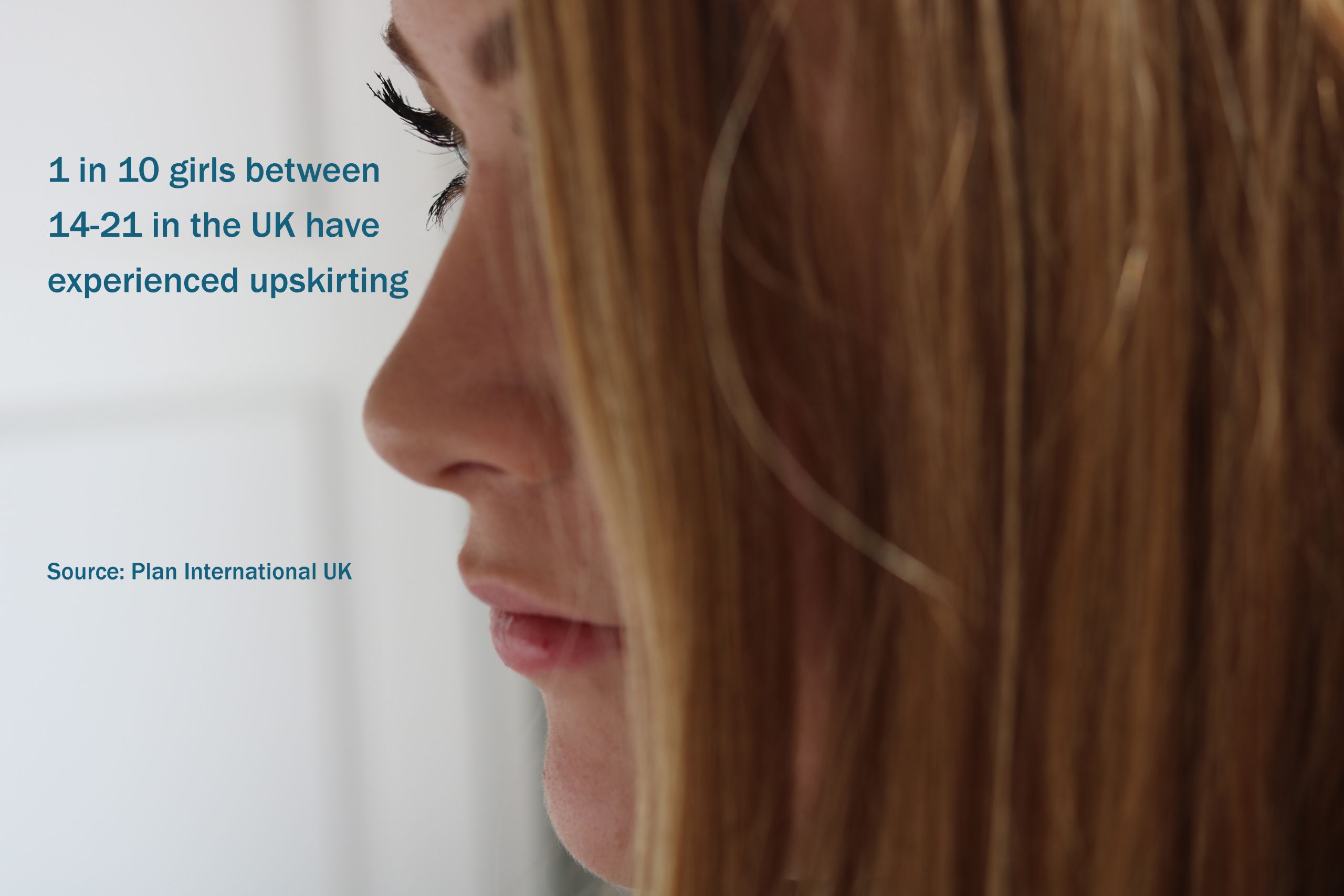
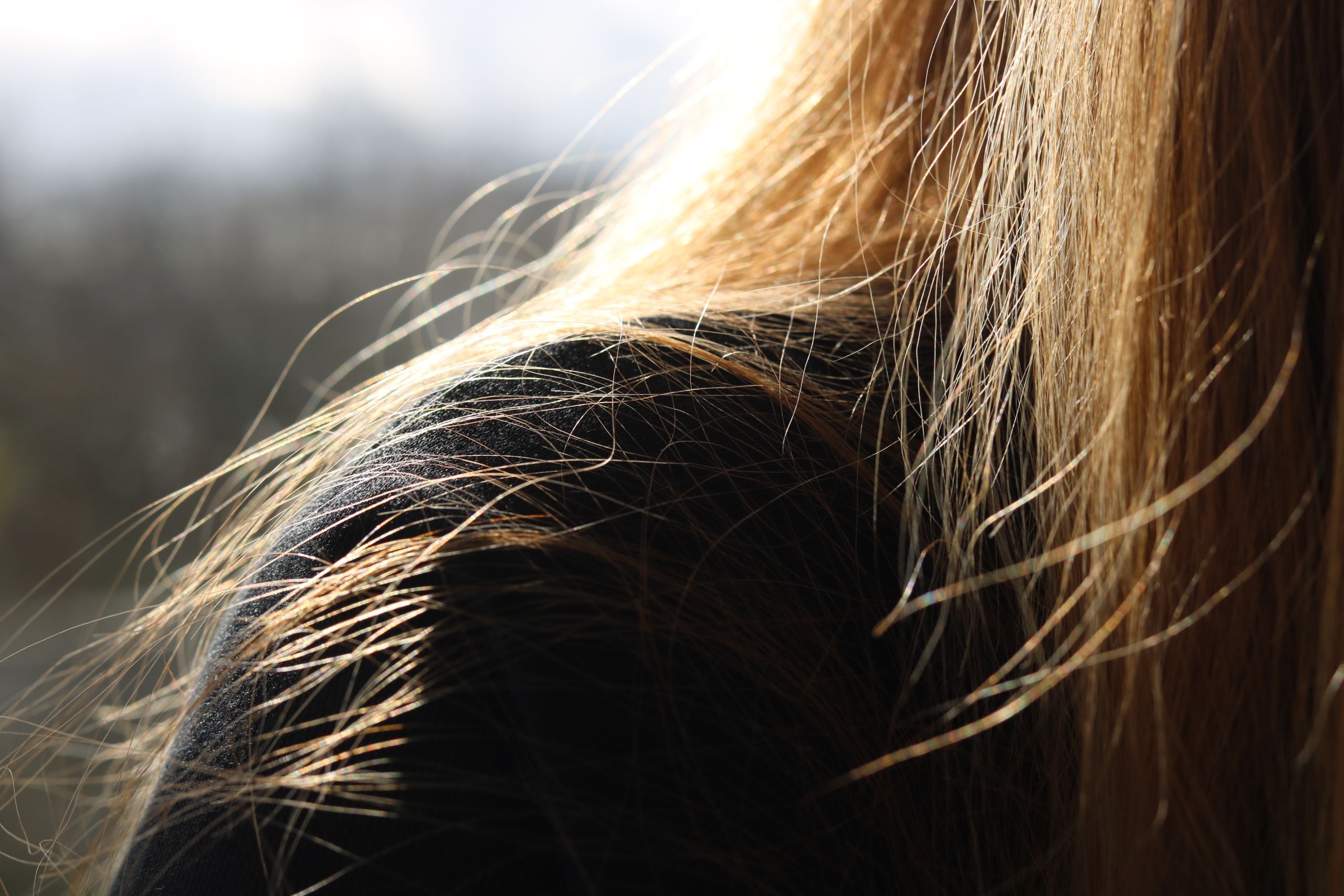
Upskirting on public transport...
Laila Woozeer, 27, is a writer and musician from Royal Holloway, London. She was upskirted while standing on a bus.
The man who did it was on a seat nearby to where she was standing. At the time, Laila had never heard of the word 'upskirting'.
She was on her usual bus to a band rehearsal when she felt a man next to her moving around and acting suspiciously.
"I looked back at him and gave him a really disgusted look"
Laila then saw a picture on his phone showing up her skirt. The 27-year-old confronted him but he clicked his phone off and moved completely away from her.
She says: "He was doing something really weird with his phone, where he was tilting his phone at weird angles. I looked back at him and gave him a really disgusted look."
She didn't know what to do because she was unaware of what rights she had. Laila got off the bus at the next stop.
She explained: "I didn't feel like I had any power to stop the bus or start calling the Police."
No other passengers stepped in to help, but Laila says had the word 'upskirting' been well-known then, like it is now, it would have made a significant difference.
Laila says: "I just felt like here we go again, just part and parcel of being a young woman in the city."
She has praised Gina's campaign and admits it now makes her feel like there's something in place to stop this from happening to others.
Laila added: "I think people will come forward to use this new law because they'll be clear on what it is, what's happening, how to stop it and who to contact."
She believes that if this specific upskirting law had existed when it happened to her, she could have gone to the Police and taken further action.
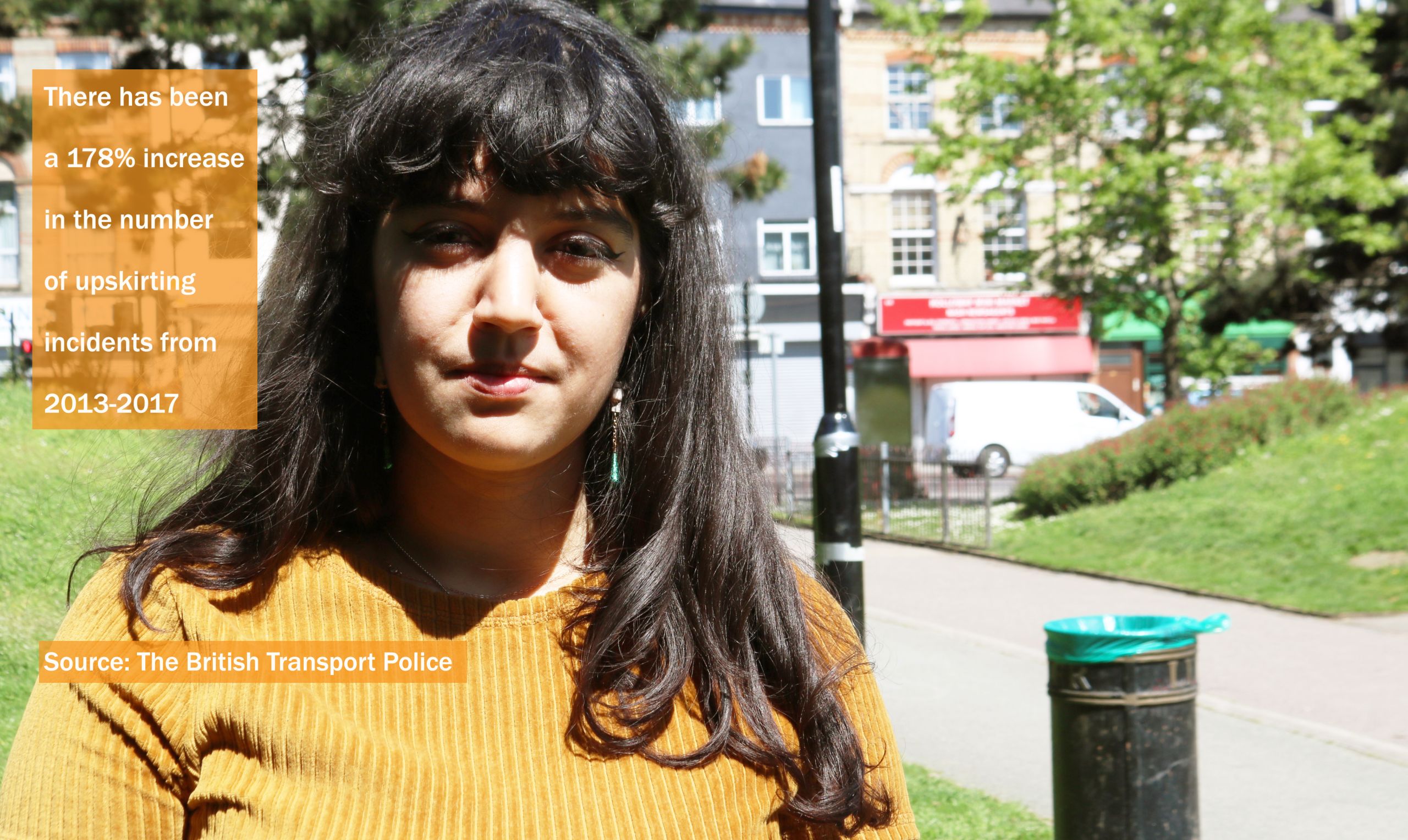
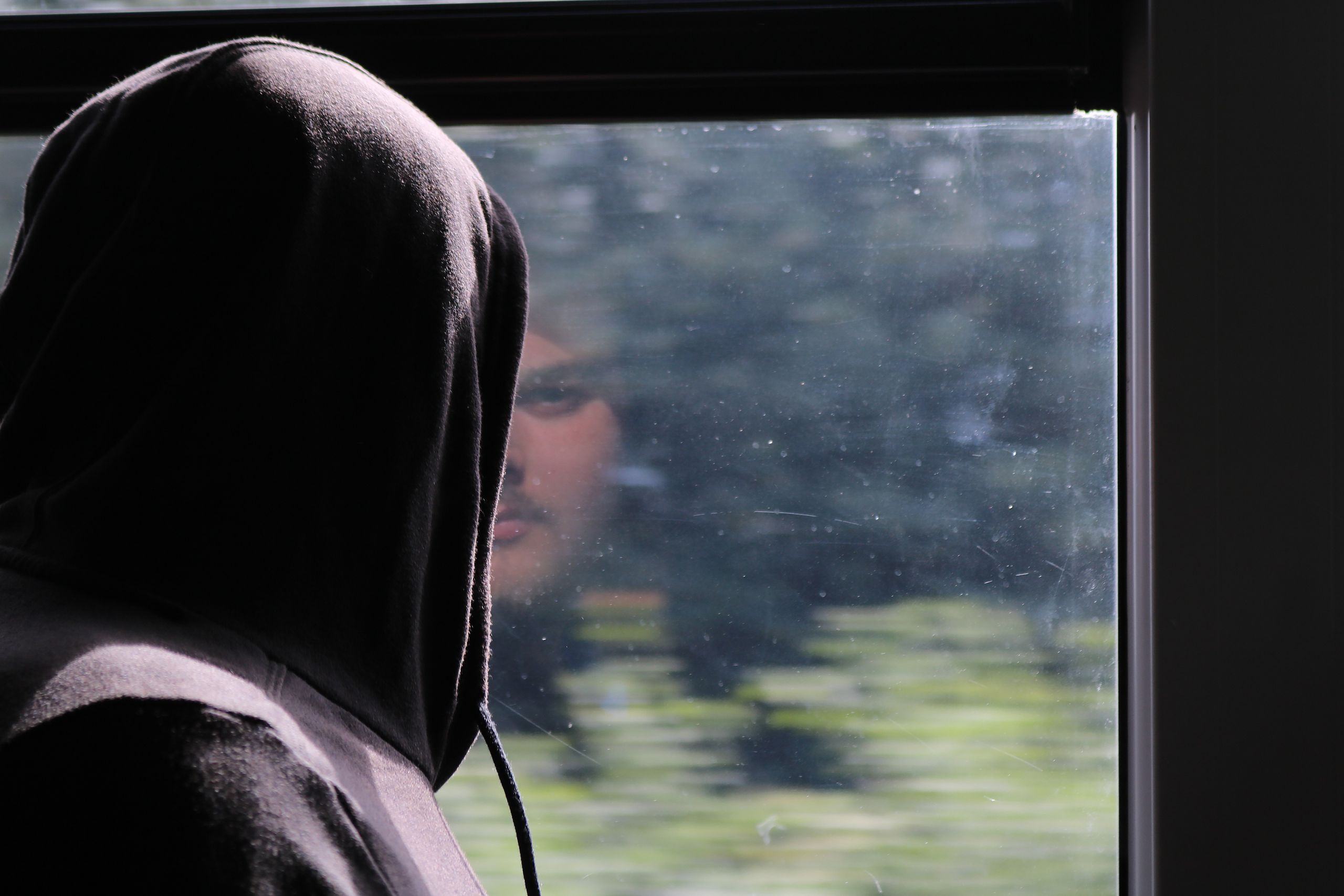
From victim to campaigner...
Gina Martin was upskirted in July 2017 at a music festival in Hyde Park. It was broad daylight and a group of men were trying to get her attention.
Gina says she politely said no to their advances a number of times. Later on though she saw the same men looking at a picture up a woman's skirt on a phone.
"I think it was anger which forced me to start it"
Gina described the photo as being four inches away from a woman's crotch.
She said: "I just knew it was me so I grabbed the phone, started running and crying. I ran through a crowd of 30,000 people to the security and gave them the phone."
The Police arrived soon after and spoke to Gina where she was told that there was not much more they could do and to enjoy the rest of her night.
The photo, her only evidence, was then deleted.
This incident and the response from Police is what prompted Gina to look into the law which currently existed.
She then realised that there was a gap in the legislation. From here she started the campaign.
The 27-year-old stated: "I think it was anger which forced me to start it and it was anger that kept me going as a motivator."
Gina Martin talks about how she feels having made upskirting illegal and what's next for her.
Gina Martin talks about how she feels having made upskirting illegal and what's next for her.
After 18 months of hard work, the law passed and came into use from April 12, 2019 in England and Wales.
Gina explained: "This campaign was about showing people that upskirting is a problem. It's getting even worse. It's growing at a ridiculous rate."
Not only did the National Campaign change the law, it made the term 'upskirting' more well-known, meaning people can now easily articulate what happened to them.
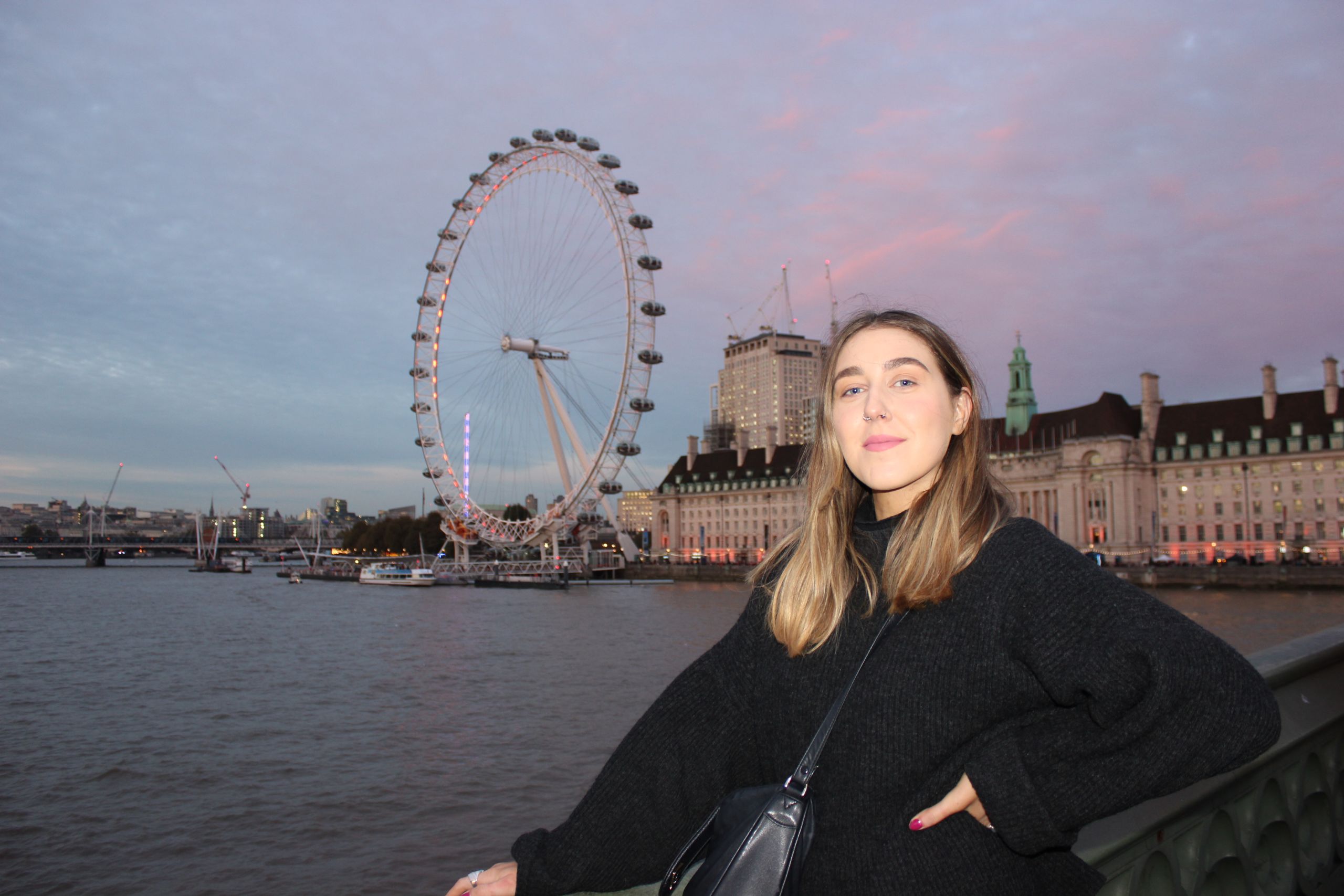
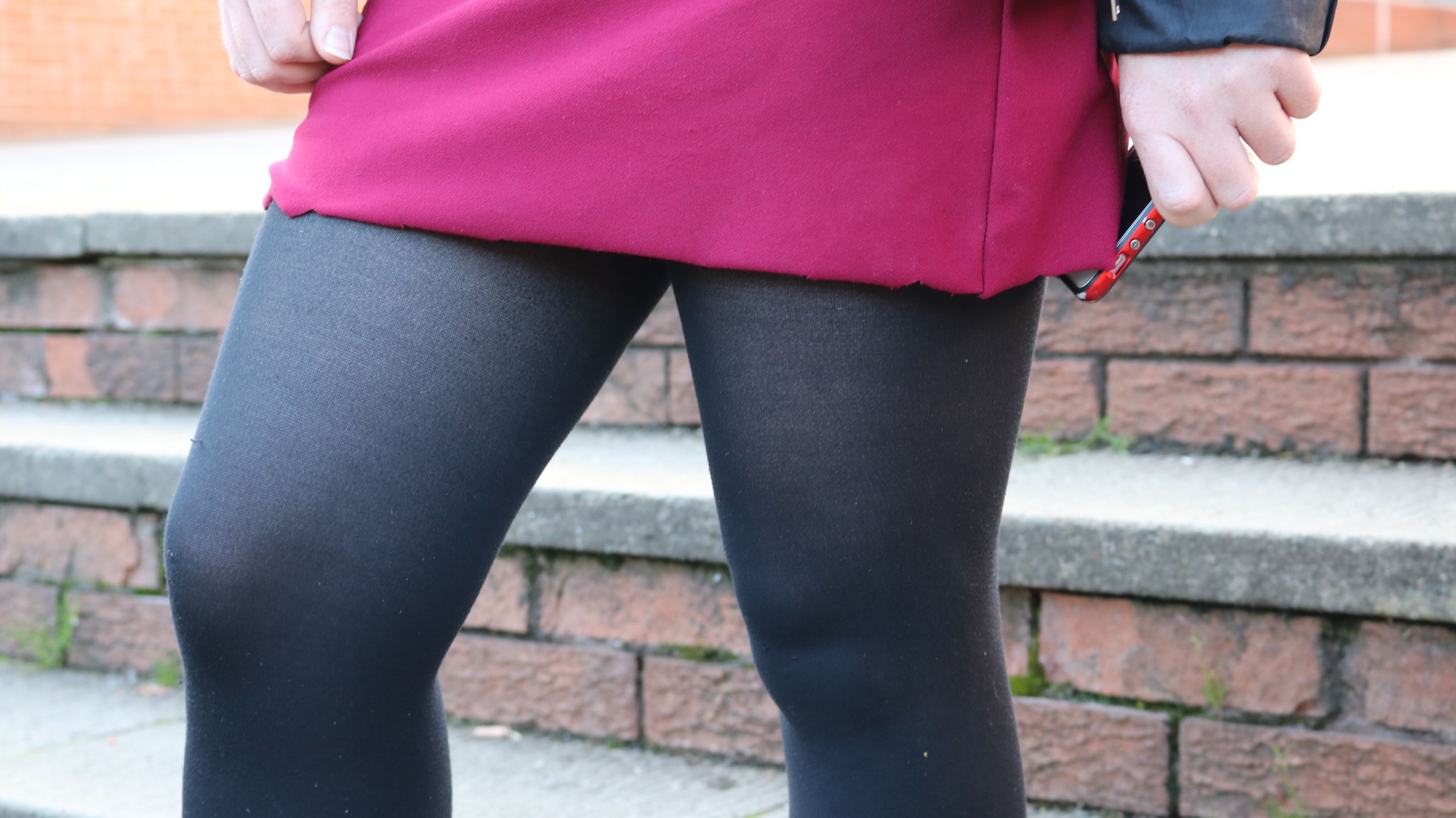
There were setbacks in the campaign...
It was Liberal Democrat MP, Wera Hobhouse, who initially backed Gina Martin's campaign.
The MP for Bath explained she wanted to support this campaign to do something with a lasting impact for women.
She introduced the Voyeurism (Offences) Private Members' Bill on Tuesday, March 6, 2018, which soon gained momentum.
"Upskirting is a vile practice. It needs to stop"
However, on Friday June 15, 2018, at the second reading of the Upskirting Bill in the House of Commons, Conservative MP Christopher Chope blocked the Bill.
Gina Martin explained: "That was really hard to witness because we had worked so incredibly exhaustively up until that point."
Gina Martin describes how she felt after the original Bill was blocked.
Gina Martin describes how she felt after the original Bill was blocked.
MP Christopher Chope and his office were contacted for a comment but declined.
The Conservative Government at the time backed the campaign and took it on as their own after this hurdle.
Wera Hobhouse MP stated: "Upskirting is a vile practice. It needs to stop. So this law should hopefully fill this gap so that the offence is between the victim and perpetrator."
The proposed upskirting legislation then became known as the Voyeurism (Offence) (No.2) Bill.
Wera Hobhouse MP talks about the introduction of the new law.
Wera Hobhouse MP talks about the introduction of the new law.
It faced further scrutiny in the House of Lords before being passed off and given Royal Assent on Thursday, February 14, 2019.
The upskirting law then came into force in England and Wales from Friday, April 12, 2019.
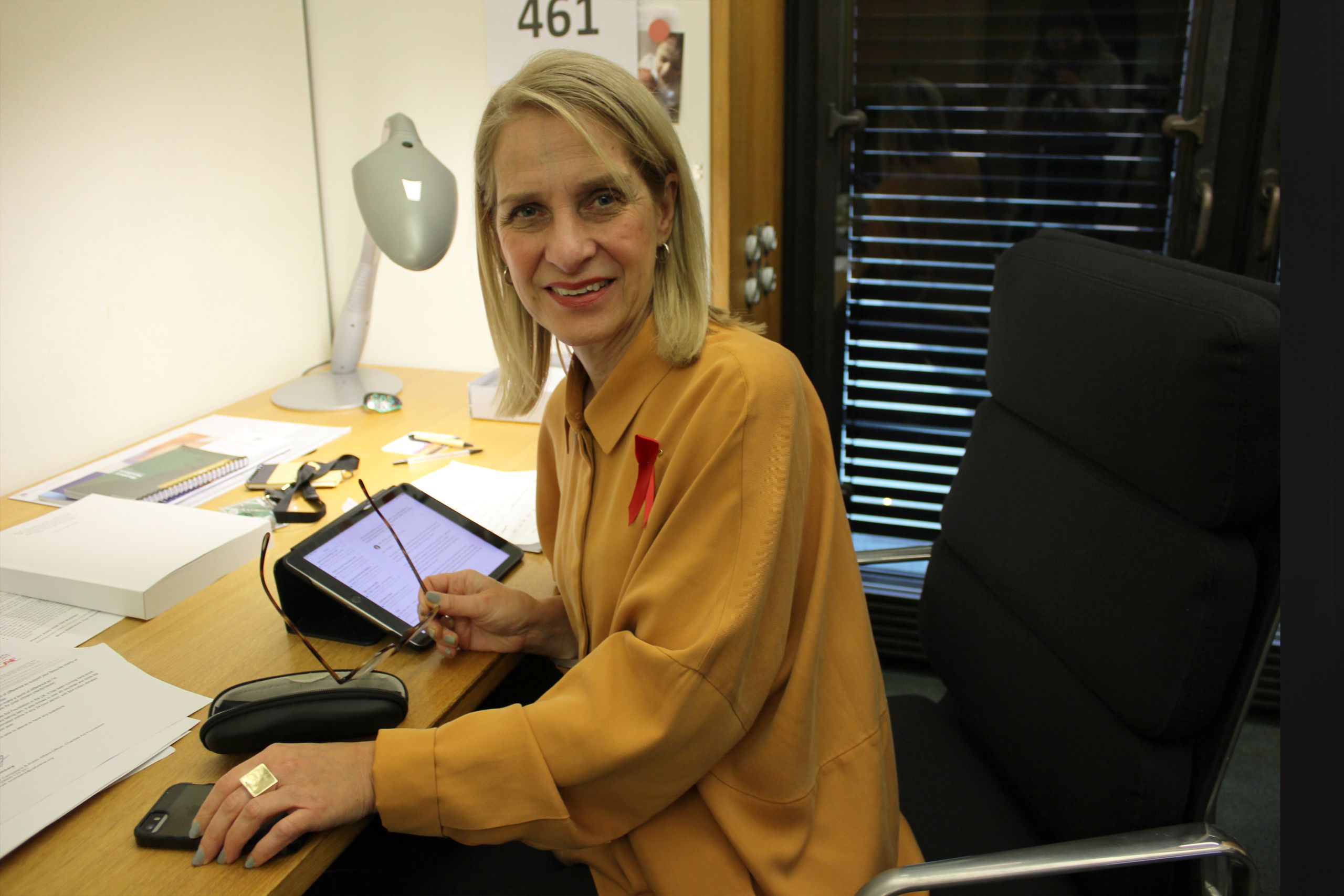
How are Scotland tackling upskirting?
Upskirting has been illegal in Scotland since 2010 under the Sexual Offences (Scotland) Act 2009.
Despite it seeming that Scotland are almost a decade ahead of the English and Welsh with this law, there have been criticisms.
Recent statistics highlight that there have been low conviction rates for upskirting in Scotland, bringing concern that the law is not strong enough.
"Look at the kind of venues that this is done. Do you really know what's going on behind you?"
Between 2011-2018 there were on average 3.5 prosecutions a year for upskirting in Scotland.
There were a total of 142 charges reported to the Crown Office and Procurator Fiscal’s Office in Scotland for this crime over the same period.
This means only 15 per cent of upskirting reports make it to court in Scotland.
Gillian Mawdsley is a Solicitor at the Law Society of Scotland and believes that the upskirting campaign in England and Wales has helped raise awareness of upskirting in Scotland.
Gillian Mawdsley, from the Law Society of Scotland, talks about the new law.
Gillian Mawdsley, from the Law Society of Scotland, talks about the new law.
Gillian Mawdsley states: "People aren't aware or they'd be objecting and I think look at the kind of venues that this is done. Do you really know what's going on behind you?"
The solicitor highlights that because upskirting is a secretive act, for many victims they will be unaware it has even happened to them.
Source: Freedom of Information Requests to the Crown Office and Procurator Fiscal Service
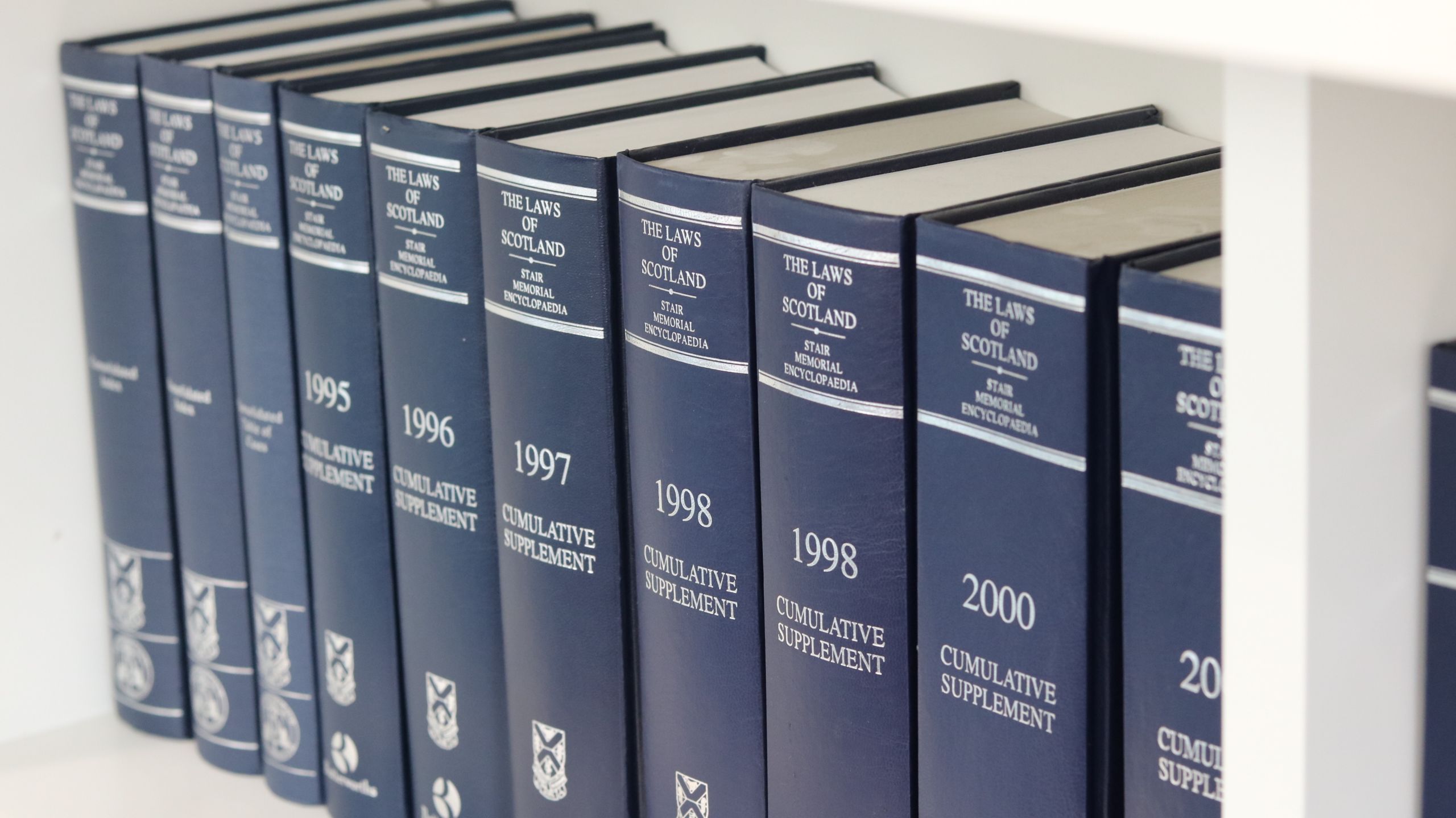
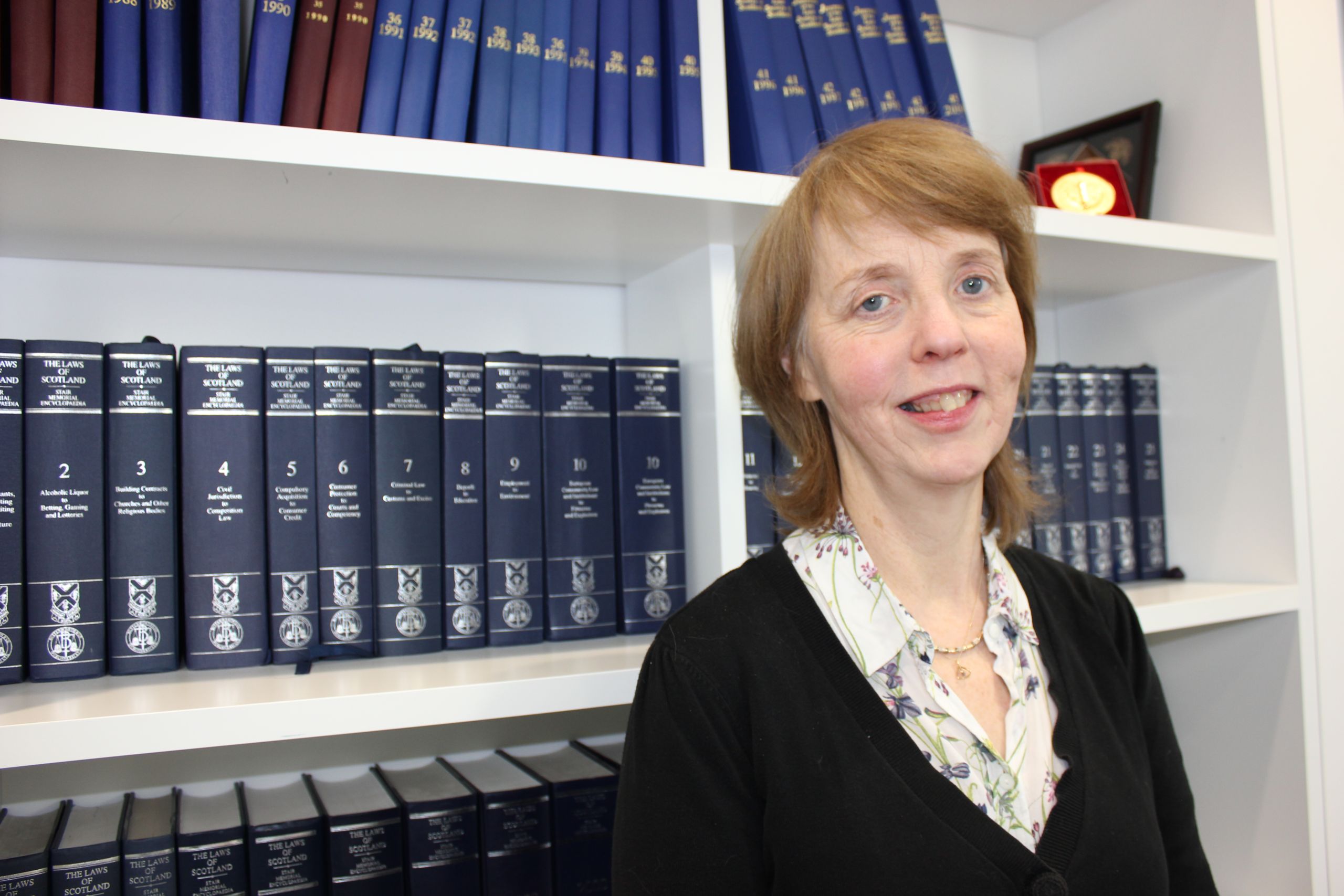
How will the Police use this new law?
Police forces in England and Wales are being briefed on how to use this new upskirting legislation.
The new law covers incidents of upskirting where the purpose is to obtain sexual gratification or cause humiliation, distress or alarm.
"Hopefully it'll stand up to scrutiny"
A summary conviction of upskirting will carry a sentence of up to 1 year in prison and/or a fine. A more serious offence, tried in the Crown Court, could result in a 2 year prison sentence.
Will Naylor, the Deputy Police and Crime Commissioner for North Yorkshire says: "There is a pretty tried and tested mechanism for investigating crimes like this, it will just need to be applied in these particular circumstances."
Will Naylor, Deputy Police and Crime Commissioner for North Yorkshire, explains how the new law will be used.
Will Naylor, Deputy Police and Crime Commissioner for North Yorkshire, explains how the new law will be used.
He hopes that the upskirting legislation is successful, but highlights that some sexual offence laws have not been very effective.
Will Naylor draws on the example of Revenge Porn (sharing private sexual materials with intent to cause distress) which was criminalised under the Criminal Justice and Courts Act 2015.
He states: "It will need to be tested by some officers and the courts and hopefully it'll stand up to scrutiny."
Source: Gov.uk

If you are a victim of upskirting and want to access more support, you can visit:
Victim Support
Women's Aid
Safe Gigs For Women
